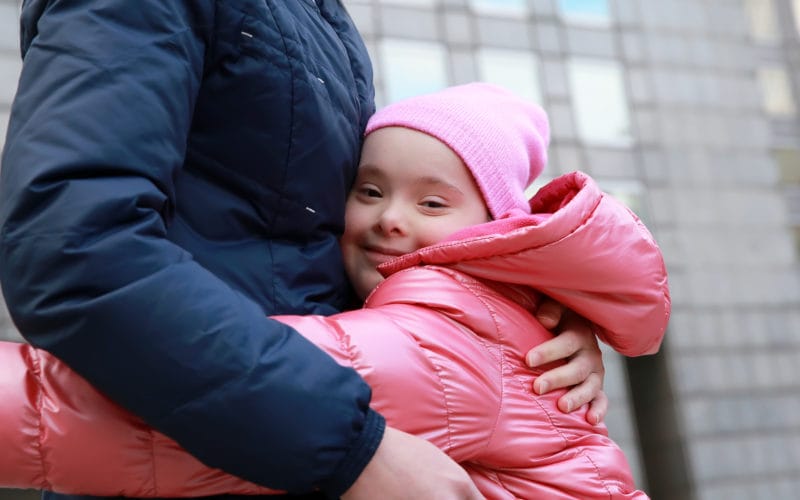Jan 22, 2019
Divorce and Children with Intellectual Disabilities: What Parents Need to Know
Children and Divorce
A major consideration for a couple going through a divorce are the decisions about their children. Support, visitation, custody, holidays and vacations are all a part of the mix. However, for couples in this situation who have a child with intellectual disabilities, the issues are more complex. The parents must make a variety of difficult decisions that could have lifelong consequences. If you’re a parent of a child with an intellectual disability, here are some things to consider.
One Parent Takes the Lead
A major issue is which parent gets primary custody of the child. While many times both parents end up sharing custody, in the case of a child with intellectual disabilities, one person does much of the work in the end. And the child might also need care that is more intense, time-consuming and financially burdensome depending on their disability. The parents will determine who is best suited to care for the child, and every situation is different. A child with autism might be overwhelmed if he switches between two parent’s houses each week. Another child might need equipment to move easily that fits in the layout of one parent’s house, but not the other.
A Continued Partnership
Since the child’s intellectual disability is a lifelong issue, the parents will be involved for the rest of their lives whether they are married or divorced. Whether the parents get along or not, they need to make a clear plan on how to co-parent for the sake of the child. Some questions parents should consider are:
- What will happen to their child when they pass away?
- How will they manage the child’s needs?
- What will everything cost?
- How will the parents divide up parenting tasks?
- What are the ways they are limited in helping the child? Do they have enough money or time?
- How should they teach and discipline the child?
- Should they take care of the child by themselves or have a caretaker or organization help them out?
As parents go through a divorce, these decisions add stress to already stressful divorce proceedings.
Look to the Helpers
Parents who are divorcing can exhaust themselves with worry over their child. Luckily, parents can also access many different kinds of support. As I work with couples through our Divorce Mediation Program, I encourage them to look for programs that help children with disabilities. School districts as well as government and community programs also offer help. These include special tutors for the child, disability programs such as Supplementary Security Income (SSI), and group activities for those with special needs such as day camps and after-school meetups. I also recommend that parents ask family and friends for help. Even something as simple as picking up the child from school can ease a parent’s stress, especially if they’re going through a divorce. Though it might seem impossible at first, the parents of a child with intellectual disabilities can get divorced while still giving their child the best life they can.
For more information on this topic, please check our blogs on the Alpha Resource Center website:
Divorce Mediation: Clients With Special Needs Children
Parenting Children With Disabilities
Creating a Long-Term Plan for Special Needs Child During a Divorce
Here are some other resources about special needs children and divorce issues:
When Parents of Children with Disabilities Divorce
Divorce and Children With Special Needs
Divorce and Parents of Children With Disabilities
©2019 Alpha Center for Divorce Mediation

